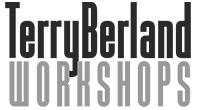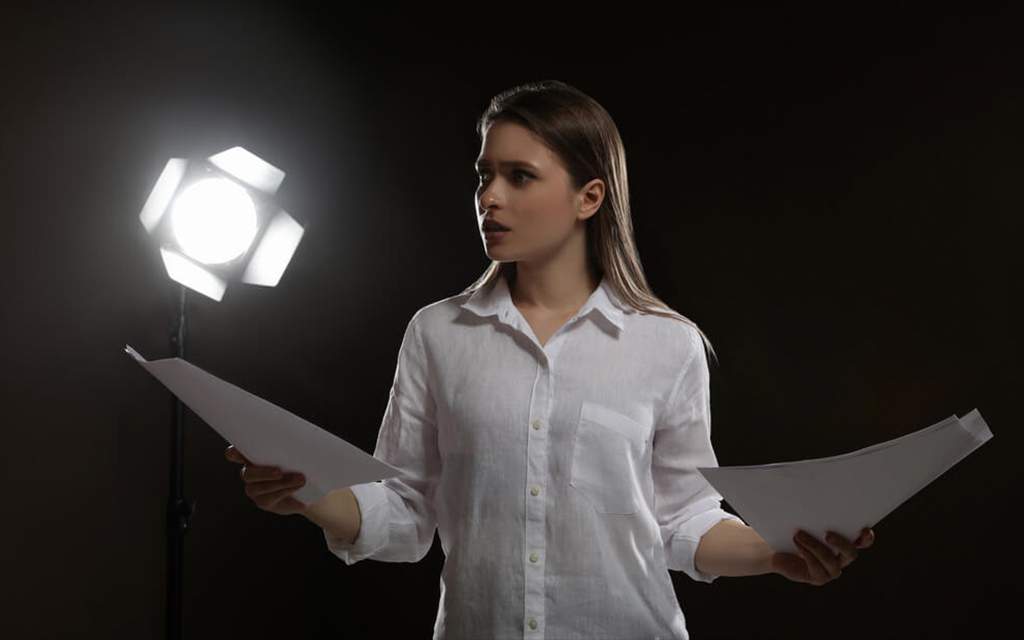Written for Casting Networks News by Terry Berland @berlandcasting.
Contrary to traditional belief, an actor getting out of their own mind is a good thing. The mind of an actor can be riddled with self-criticism, second-guessing, self-doubts and other chatter, entrapping and undermining creativity that can get in the way of a good performance.
The best way an actor can get out of their own mind is by mastering improv. Improv actually dates back to the 15th century in Great Britain where the first street performers practiced improv with spectators. Improv training has progressed throughout the years as a tried-and-true way for actors to stay loose, think fast on their feet, and eliminate mind chatter that blocks their connection to their creativity.
Be aware there are differences between traditional improv and commercial improv. In a commercial audition with no script, you’ll be directed to create around a specific scenario. For situations that are upbeat, revolving around family or friend gatherings, happy shopping situations, etc.. Here are some suggestions you can use as guidelines for a good commercial improv experience.
Visualize yourself in a specific place.
No matter the direction given to you by the director, allow yourself lots of visuals to create an environment you’ll be working in. Doing this will make you feel comfortable and, ultimately, result in a more connected authentic performance.
Avoid stories with a beginning, middle, and end.
Stay away from complex stories. The commercial improv should be an upbeat slice of life, an opportunity for you to show the creative team who you are, what you look like, how loose you are and how well you work with others.
Avoid drama.
Keep the subject matter light, with little depth. Unless you are directed otherwise, typical commercial improv scenarios revolve around having a good time.
Keep the energy upbeat.
Commercial improv is usually a quick scene with upbeat energy. It’s usually happy people who are winners. Ultimately, the talent will be booked in a scene revolving around a product that makes their life work better.
Don’t sell a product or mention product names.
Although you’ll end up being in a spot attempting to sell a product, don’t sell the product in your improv scene.
Know your relationships.
Using the improv skills you’ve been taught, decide quickly the nature of your relationship with your scene partner(s) and create around that relationship.
What if your partner isn’t giving you the right energy?
There’s always the chance you’ll be partnered with someone who isn’t as good as you at improv. If you’re with someone whose energy is totally off, don’t let them bring you down or suck you into the vacuum they’re creating. Stay with the energy you originally chose, working in a compatible way with your partner by using the energy differential as part of the scene.
Listen carefully for your cues.
In a good improv, the conversation should flow easily, lightly bouncing from one subject to the next. Listen carefully and be able to switch in any direction to keep the conversation moving.
What if your partner doesn’t let you speak?
You may be paired with someone who is very aggressive and doesn’t give you the breathing room to speak. Keep trying. You can turn the situation around by incorporating humor into this difficult situation.
Don’t put all the focus on one person in the group.
If there are three people in a group, the middle person may easily be highlighted just because of the physical positioning. Remember the audition is not about that person. Take responsibility to skew the conversation towards you.
We all have to be flexible in this business. Being good at improv can actually change your entire mindset and give you confidence at the most unexpected time and in the most unexpected places.
If you want to sharpen up on your commercial acting technique, follow this link to Terry Berland’s Commercial Acting workshop.









